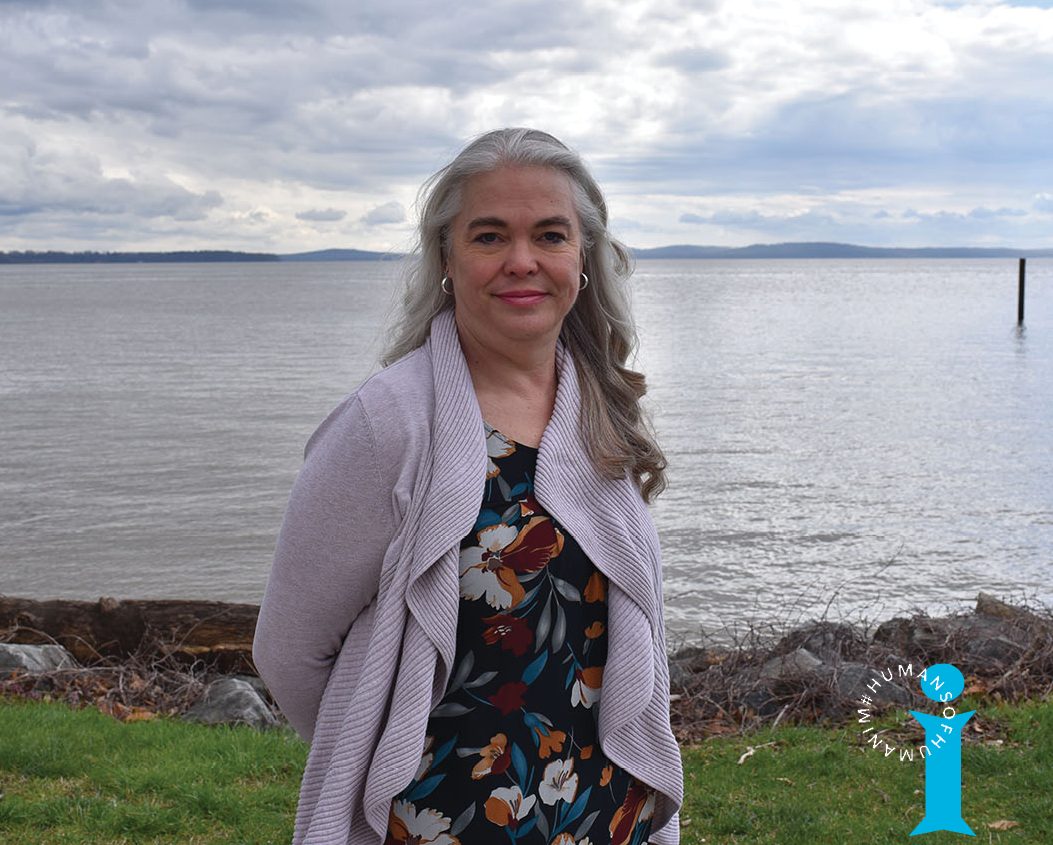
Meet Deb Brown, Director of Youth Transition Services in Maryland. Deb oversees programs operating in 10 Maryland counties that provide services to young people with disabilities as they make the transition into the workplace.
Deb began what was a second career at Humanim 16 years ago, after a long stint working as an international meeting planner, a job that took her around the world. Determined to find a job that allowed her to be home more often, she began considering Humanim after seeing how well her teenage son, who has autism, did in a pilot youth transition program in Harford County. She began as a service coordinator and eventually became YTS director.
The program has grown and now serves nearly 600 young people in those 10 counties, providing internships, coaching in financial literacy and communications, help with resume writing and interview prep, and career exploration.
“Every day is different, and I like that. I had a good career as a meeting planner, but I get a lot more satisfaction knowing what the kids get out of what we do. I saw it with my son,” she says. “I know what I do matters. I know I’m influencing these kids to get where they want to go. I like being able to get the right resources to the young people so they can progress where they need to go.”
A big part of her job is teaching parents how to be advocates for their kids and understanding which resources might be available for their child. “I have to help them be that advocate. A large part of my work is advocacy — constantly going to bat for families. I can’t say how many times parents have called me in tears saying, ‘What do I do, my son is going to graduate and the school is telling me there’s no program.’”
Outside of work, Deb and her family are “Disney people,” and she recently took her youngest daughter for a Halloween trip to Disney World. She dotes on her young granddaughter and bleeds Ravens purple.
But she also takes great pleasure in her work. “I really enjoy the people I work with,” she says. “I value the dedication they have to their jobs. For our staff, in many ways it’s not just a job, it’s more of a vocation. People who flourish have that passion to work with kids with disabilities. And a lot of them have a relative with disabilities. I know how hard my staff works every day.”
Deb is working to expand the program into other areas of Maryland and possibly other states. “I would love to see programs like ours get more attention. People with disabilities have 12 percent unemployment, which is huge. That number needs to come down. I think employers need to understand what’s doable when it comes to hiring people with disabilities. People need to think outside the box a little more to maybe figure out if there is a job a student or young adult could do.”